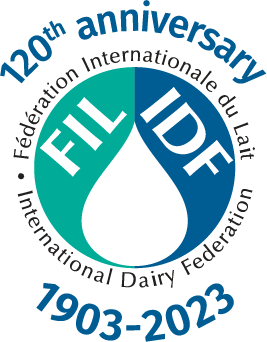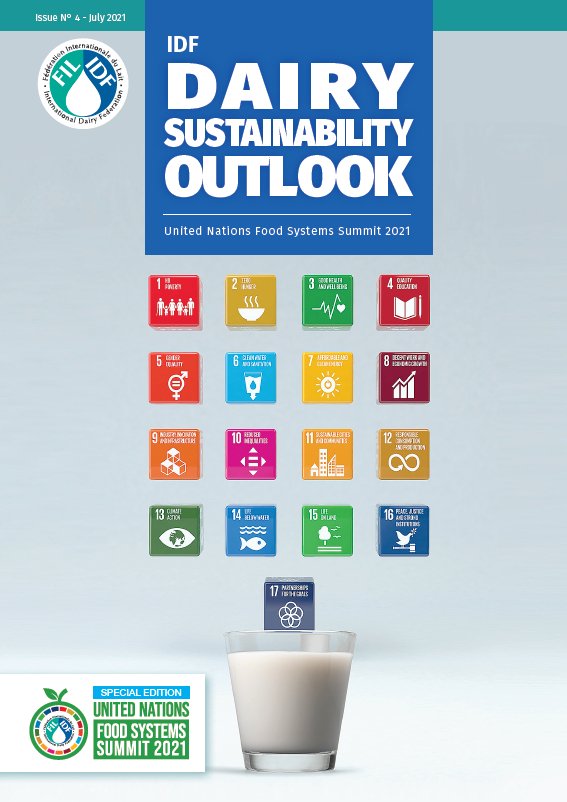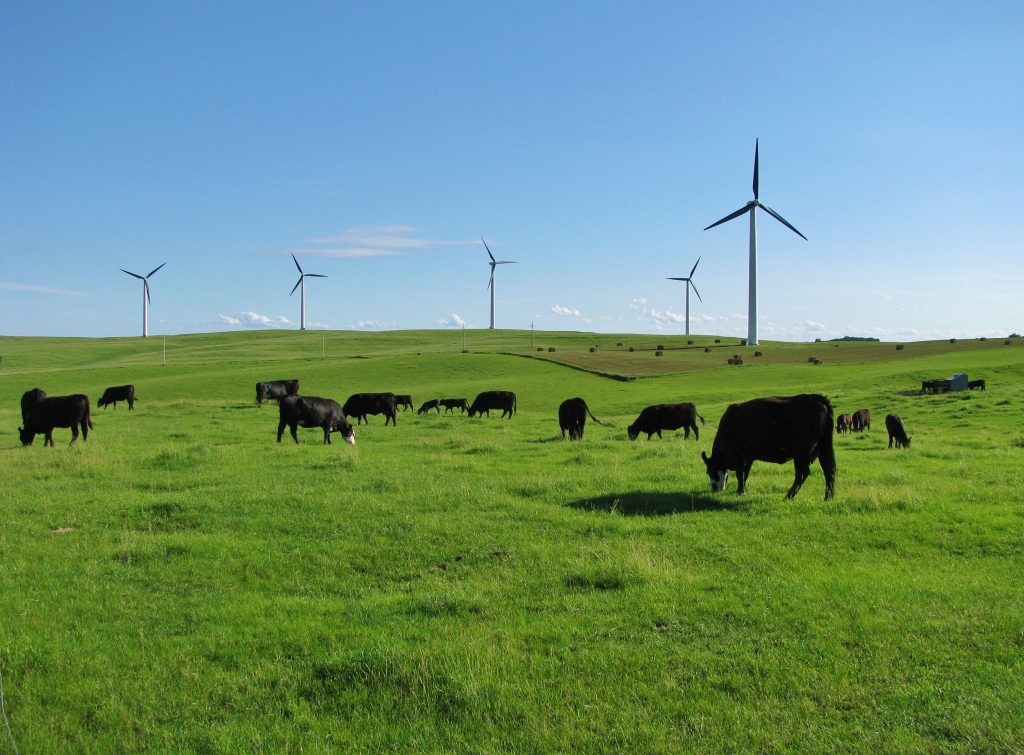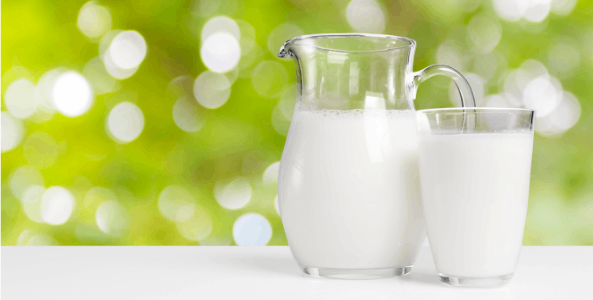Dairy Declaration of Rotterdam
A formal commitment by the dairy sector to contribute to the achievement of key Sustainable Development Goals
Share this page
17 Goals to Transform Our World
During the United Nations General Assembly in September 2015, 193 member countries adopted the 2030 Agenda for Sustainable Development and its 17 Sustainable Development Goals. This represented a unanimous commitment to end poverty, protect the planet, and end inequality by 2030.
A landmark event in the history of dairy
The Dairy Declaration of Rotterdam, a unique partnership between IDF and the Food and Agricultural Organisation of the United Nations (FAO) was made through the signing of the Dairy Declaration of Rotterdam during the IDF World Dairy Summit in 2016. Its development signalled a recognition of the dairy sector’s commitment towards feeding the world with safe, nutritious and sustainable products.
The Dairy Declaration recognises the major contribution that dairy makes to countries’ economies, the essential role of dairy in a balanced diet, and the key role the sector plays in addressing environmental degradation and climate change.
It represents a formal commitment by the dairy sector to contribute to the achievement of key Sustainable Development Goals (SDGs). Endorsed by representatives of the one-billion-person strong dairy community, it confirms a pledge to the sustainable development of the dairy sector to generate benefit for people and the planet, and aims to reiterate the integrated approach that the dairy sector takes to enhance its sustainability.


Highlighting the major contribution that dairy makes to the world & committing to further improvement
Download and read the signed Dairy Declaration agreement and Global Facts documents using the link below
In the Dairy Declaration, the dairy sector agrees to:
- Take an integrated approach to promote the sustainability of dairy systems, jointly taking into consideration social, economic, health and environmental dimensions
- Give particular attention to the needs of family farmers, small holders and pastoralists
- Build, implement and disseminate tools and guidelines to facilitate the identification and adoption of sustainable practices in the dairy sector
- Build capacity in support of sustainable practices and provide enabling conditions
- Measure and report on sustainability outcomes
- Strengthen multi-stakeholder dialogue for consensus building, reviewing progress and continuous improvement.
Dairy’s commitment to sustainable development
The dairy sector has a key role to play in achieving the Sustainable Development Goals of the UN 2030 Agenda. As an innovative sector with a deep commitment to environmental good practice and nutritional benefit, we take pride in the fact that our nutritious products can play such an important part in meeting global sustainability and nutritional responsibilities and ambitions.
The Declaration recognizes the essential role of dairy products for balanced, nutritious, and healthy diets. Its goals integrate the three pillars of sustainability (social, economic, and environmental) and call for commitment from all stakeholders.
There are currently 28 signatories to the declaration, means that countries representing more than half of the world’s milk production are committed to the sustainable development of the global dairy sector and the generation of widespread social, economic, and environmental benefits. We hope to welcome more countries and members of the dairy chain from around the world to the Dairy Declaration pledge in support of sustainability and the positive contributions to food security, employment generation, poverty reduction and the management of ecosystems to maintain biodiversity.
Supporting the sector to achieve sustainable development
IDF has aligned its overarching strategic goals with the UN Sustainable Development Goals and we are delivering on these commitments through work at national level and the IDF programme of work.
Our regular Dairy Sustainability Outlook reports showcases examples of sustainable dairying by IDF members. It features ongoing activities and the latest initiatives to ensure sustainable dairy, including:
- New approaches to agriculture
- Quality education
- Improved milk quality
- Development of rural areas through dairying
- Strong international cooperation
- Climate commitment achievements
Click on the links below for more details on tangible actions made by the dairy sector towards the achievement of the SDGs
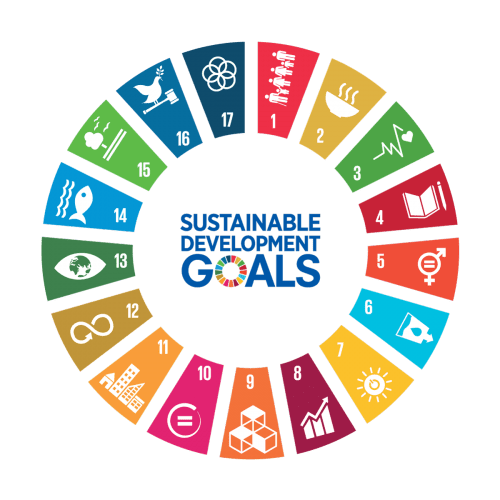

How dairy contributes to the SDGs
- Owning dairy livestock has a positive impact on household welfare
- Milk production and distribution provides direct and indirect employment
- Dairy in dietary guidelines
- Safe products and high standards
- Consumer knowledge improvements
- Dairy’s role in the health of children and adults
- ONE health (healthy animals, healthy humans)
- Dairy’s essential role in childhood development
- Developing skills of dairy employees
- Transfer of dairy knowledge and know-how
- Further training and development
- Enhancing participation of women dairy farmers in governance and management roles
- Encouraging uptake of water efficiency measures at farm and processing level
- Protection of water eco-systems
- Reduction of water consumption in dairies
- Encouraging moves towards energy from renewable sources
- Optimising dairy energy use
- Increasing consumer choice: dairy products for specific nutritional needs
- Improvement in working conditions within the dairy sector
- Recycling and sustainable packaging
- Transition to a circular economy
- Working towards zero pollution
- Dairy by-product valorisation
Dairy’s commitment to sustainable
- Training of dairy farmers
- Dairy’s longstanding contribution to local sustainability and food security
- Recycling and recovering waste
- Reusable or recyclable packaging
- Reducing food loss and waste
- Protecting biodiversity
- Soil strategy and management
- Natural carbon sequestration, eutrophication
- Rewilding and reforestation efforts
- Permanent pastures
- Land-use planning to maximise mitigation/GHG emissions
- Reduction of load in discharged effluent to ensure water quality
- Preventing nutrient pollution
- Conservation of eco-systems
- Restoration of degraded land and soil
- Preservation of biodiversity
- Compliance with laws and regulations; development of standards for trading of dairy products
- Inclusive decision making e.g. dairy cooperatives
- IDF work on SDGs
- Dairy declaration of Rotterdam
- Dairy Sustainability Framework
More information about the Dairy Declaration, along with videos and case studies, can be found on its dedicated website:
Recent reports/publications
IDF provides a permanent source of authoritative scientific and other information on a whole range of topics relevant to the dairy sector.
Issue 1: Dairy Sustainability Outlook
The 2018 IDF Dairy Sustainability Outlook provides a viewpoint on sustainable development of relevant importan....
Issue 2: IDF Dairy Sustainability Outlook
This second edition of case studies for sustainable dairying offers those involved in the field with an insigh....
Issue 3: IDF Dairy Sustainability Outlook
The 3rd edition of IDF’s Dairy Sustainability Outlook showcases ongoing activities and the latest initiative....
Issue 4: IDF Dairy Sustainability Outlook
IDF’s Dairy Sustainability Outlook publication series provides new case studies to support the dairy sector....
Learn more about dairy’s global impact
Environment
The dairy sector takes its commitment to protecting the world's resources seriously.
Read MoreNutrition & Health
Scientific evidence supports the importance of milk and dairy products as part of healthy diets
Read More